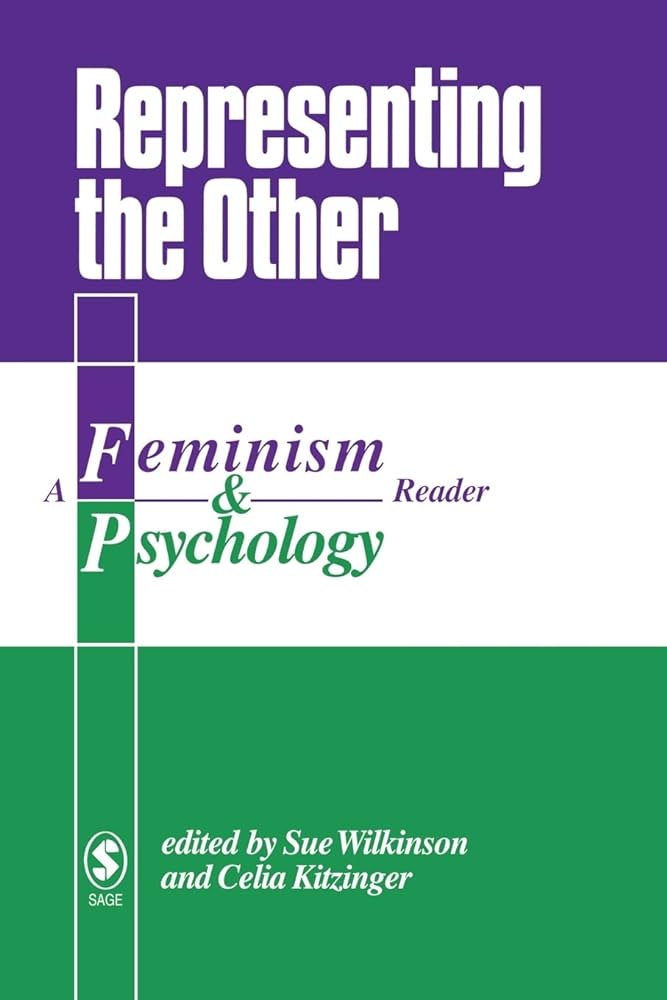“The most lonely condition I can imagine”: Psychosocial impacts of endometriosis on women’s identity
IF 1.9
3区 心理学
Q2 PSYCHOLOGY, MULTIDISCIPLINARY
引用次数: 16
Abstract
Endometriosis is a condition which affects around 1–2% of women worldwide and has profound effects on their everyday lives. Previous research has tended to focus on physical symptoms (such as chronic pain); how women manage changes to their identity and relationships as a result of endometriosis has received less attention. This paper discusses qualitative data examining how women negotiate changes to identity while living with endometriosis, in a social context where women are expected to minimise their symptoms and conform to feminine role expectations. We conducted thematic analysis of 34 replies to an online survey seeking qualitative text responses. The women identified disruptions to personal identity as a result of living with endometriosis. They talked about not feeling like themselves (Theme 1) and about reactions from medical and social connections prompting feelings that they were going “mad” (Theme 2). Participants also expressed feeling as though they were a burden to loved ones (Theme 3), which often resulted in self-silencing (Theme 4). Findings are discussed in the context of Western expectations of women’s roles in social relationships and suggest that professionals who support women with endometriosis should be aware of strategies such as self-silencing which may reduce effective self-care.“我能想象到的最孤独的状况”:子宫内膜异位症对女性身份的心理社会影响
子宫内膜异位症是一种影响全球约1-2%女性的疾病,对她们的日常生活产生深远影响。以前的研究倾向于关注身体症状(如慢性疼痛);女性如何应对因子宫内膜异位症而导致的身份和人际关系的变化,却很少受到关注。本文讨论了定性数据,研究了女性在患有子宫内膜异位症的情况下如何协商身份的变化,在社会背景下,女性被期望最小化她们的症状并符合女性角色的期望。我们对一项寻求定性文本回复的在线调查的34个回复进行了专题分析。这些女性认为,患有子宫内膜异位症导致了个人身份的破坏。他们谈到了感觉不像自己(主题1),以及医疗和社会关系的反应让他们感觉自己要“疯了”(主题2)。参与者还表达了自己似乎是亲人的负担(主题3)。这通常会导致自我沉默(主题4)。研究结果在西方对女性在社会关系中的角色的期望的背景下进行了讨论,并建议支持子宫内膜异位症女性的专业人员应该意识到自我沉默等策略,这可能会降低有效的自我照顾。
本文章由计算机程序翻译,如有差异,请以英文原文为准。
求助全文
约1分钟内获得全文
求助全文
来源期刊

Feminism & Psychology
Multiple-
CiteScore
3.30
自引率
11.10%
发文量
51
期刊介绍:
Feminism & Psychology provides a forum for debate at the interface between feminism and psychology. The journal"s principal aim is to foster the development of feminist theory and practice in – and beyond – psychology. It publishes high-quality original research, theoretical articles, and commentaries. We are interested in pieces that provide insights into the gendered reality of everyday lives, especially in relation to women and girls, as well as pieces that address broader theoretical issues. Feminism & Psychology seeks to publish work from scholars, researchers, activists and practitioners at all stages of their careers who share a feminist analysis of the overlapping domains of gender and psychology.
 求助内容:
求助内容: 应助结果提醒方式:
应助结果提醒方式:


